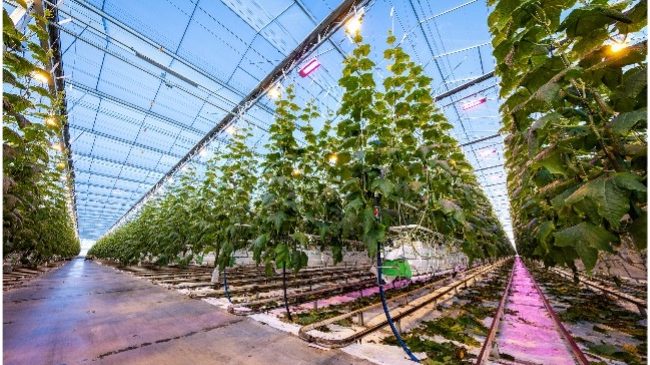In Sanya, the Tropical Agricultural Science Research Institute has partnered with Yacheng Village to pioneer hydroponic vegetable cultivation, aiming to enhance year-round vegetable supply and promote sustainable agricultural practices. This initiative focuses on selecting optimal vegetable varieties for hydroponic systems, leveraging advanced techniques to address challenges in traditional farming.
Hydroponic Cultivation Trials
On February 6, 2025, the institute commenced transplanting the first batch of hydroponically grown vegetables, including six varieties: hybrid bok choy, lettuce, large-leaf artemisia, sharp-leaf choy sum, local baby bok choy, and cilantro. These trials are conducted in a state-of-the-art intelligent greenhouse at the institute’s perennial vegetable base in Yazhou. The controlled environment facilitates precise monitoring of growth conditions, ensuring optimal development of each variety.
Advantages of Hydroponic Systems
Hydroponic cultivation offers several benefits over traditional soil-based farming:
- Accelerated Growth: Hydroponically grown vegetables can reach harvest in approximately 20 days, significantly shorter than the 45-day cycle typical of soil cultivation.
- Resource Efficiency: This method reduces the need for soil preparation and conserves water through recirculation systems.
- Pest and Disease Control: The controlled environment minimizes exposure to soil-borne pests and diseases, reducing the reliance on chemical pesticides.
These advantages make hydroponics a viable solution for ensuring a stable and efficient vegetable supply, particularly in regions facing arable land constraints.
Community Engagement and Economic Impact
The collaboration between the research institute and Yacheng Village exemplifies a successful model of community engagement in agricultural innovation. By integrating hydroponic techniques, the village has revitalized its collective economy, providing residents with new income opportunities and enhancing local food security. This partnership also serves as a blueprint for other communities aiming to adopt sustainable farming practices.
The joint efforts in Sanya to develop hydroponic vegetable cultivation demonstrate the potential of modern agricultural technologies in transforming traditional farming communities. By selecting suitable crop varieties and implementing advanced cultivation methods, this initiative not only ensures a consistent food supply but also fosters economic growth and environmental sustainability.











